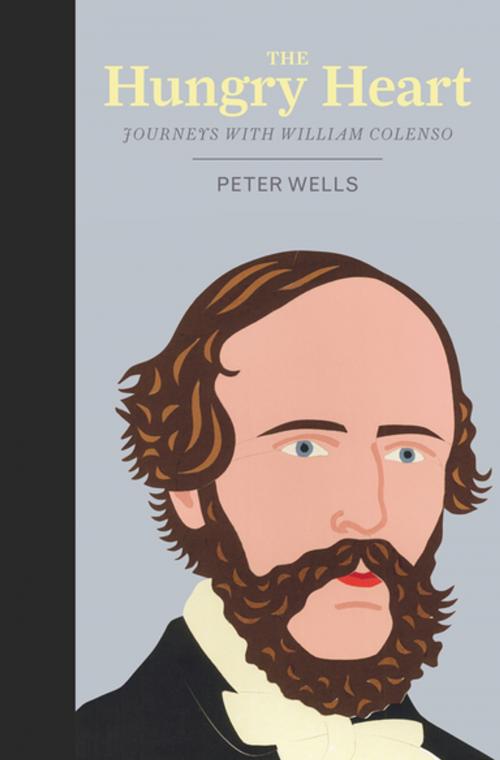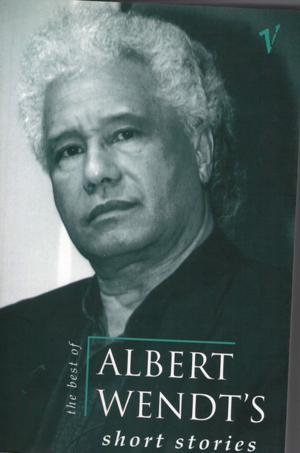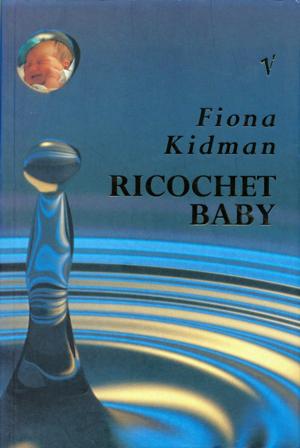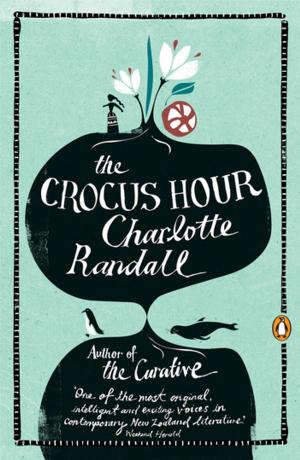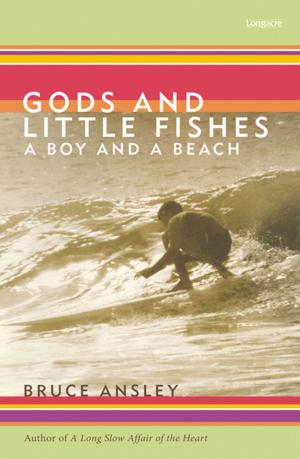The Hungry Heart
Journeys With William Colenso
Biography & Memoir, Religious, Nonfiction, Social & Cultural Studies, Political Science| Author: | Peter Wells | ISBN: | 9781869794750 |
| Publisher: | Penguin Random House New Zealand | Publication: | March 1, 2012 |
| Imprint: | RHNZ Adult ebooks | Language: | English |
| Author: | Peter Wells |
| ISBN: | 9781869794750 |
| Publisher: | Penguin Random House New Zealand |
| Publication: | March 1, 2012 |
| Imprint: | RHNZ Adult ebooks |
| Language: | English |
Shortlisted for the NZ Post Award this fascinating, innovative biography is of a true original and significant figure in NZ's early colonisation."I love doubters: of a truly honest doubter I have great hope." Printer, botanist and missionary, William Colenso was a nineteenth-century maverick, a true original. He protested at the signing of the Treaty of Waitangi, arguing that Maori did not fully understand its implications. He became a troubled conscience during the white-hot period of colonisation, maintaining his dissident voice throughout his career. Peter Wells refreshes our vision of this awkward, highly talented man, who lost his family after the church expelled him for fathering a child by a Maori woman. Rejected by church, family and friends, Colenso made botany his home and lovingly described the plants of New Zealand. At the same time he wrote a series of remarkable pamphlets that open up our past. 'I write for future generations,' he noted in 1881. The time has come to welcome Colenso back.
Shortlisted for the NZ Post Award this fascinating, innovative biography is of a true original and significant figure in NZ's early colonisation."I love doubters: of a truly honest doubter I have great hope." Printer, botanist and missionary, William Colenso was a nineteenth-century maverick, a true original. He protested at the signing of the Treaty of Waitangi, arguing that Maori did not fully understand its implications. He became a troubled conscience during the white-hot period of colonisation, maintaining his dissident voice throughout his career. Peter Wells refreshes our vision of this awkward, highly talented man, who lost his family after the church expelled him for fathering a child by a Maori woman. Rejected by church, family and friends, Colenso made botany his home and lovingly described the plants of New Zealand. At the same time he wrote a series of remarkable pamphlets that open up our past. 'I write for future generations,' he noted in 1881. The time has come to welcome Colenso back.
